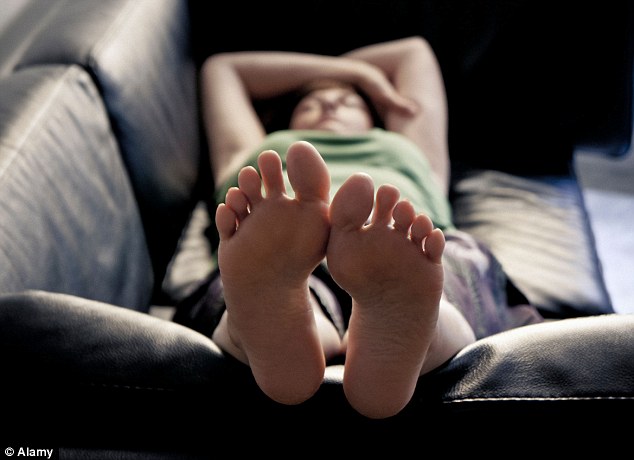Esther12
Senior Member
- Messages
- 13,774
CBT, graded exercise therapy challenged fears of those with chronic fatigue syndrome
Chalder T. Lancet Psychiatry. 2015;doi:10.1016/S2215-0366(14)00069-8.
January 13, 2015
- Cognitive behavior therapy and graded exercise therapy led to significant improvements in fearful beliefs among patients with chronic fatigue syndrome, according to data published in the Lancet Psychiatry.
Trudie Chalder, PhD, of the academic department of psychological medicine at King’s College London, and colleagues conducted a secondary mediation analysis of the PACE trial, which included 641 patients from six specialist clinics in the United Kingdom National Health Service between March 2005 and Nov. 2008.
Data indicated that patients’ feelings of fear had the greatest significance on fatigue and physical function for both cognitive behavioral therapy (fatigue CBT vs. adaptive pacing therapy [APT]: –1.22; 95% CI, –0.52 to –1.97; physical function CBT vs. APT: 1.54; 95% CI, 0.86-2.31) and graded exercise therapy (fatigue GET vs. APT: –1.86; 95% CI, –0.80 to –2.89; physical function GET vs. APT: 2.35; 95% CI, 1.35-3.39).
More physical activity such as walking also improved the effect of GET vs. APT with regard to fatigue (–1.37; 95% CI, –0.76 to –2.21) and physical function (1.90; 95% CI, 1.10-2.91).
“Our results suggest that fearful beliefs can be changed by directly challenging such beliefs (as in CBT) or by simple behavior change with a graded approach to the avoided activity (as in GET). Clinically, the results suggest that therapists delivering CBT could encourage more physical activities such as walking, which might enhance the effect of CBT and could be more acceptable to patients,” Chalder said in a press release.
In an accompanying commentary, Hans Knoop, PhD, and Jan F. Wiborg, PhD, of the Expert Centre for Chronic Fatigue at Radboud University Medical Center in the Netherlands, wrote that whether or not a variable causes the change in outcomes is difficult to conclude.
“So far, process research shows that change in proposed mediators and outcome occur mostly simultaneously during CBT for patients with chronic fatigue syndrome,” they wrote.
Disclosure: See the study for a full list of relevant financial disclosures.
http://www.healio.com/psychiatry/practice-management/news/online/{5a38432a-91cc-4d0e-a30f-af8515d96075}/cbt-graded-exercise-therapy-challenged-fears-of-those-with-chronic-fatigue-syndrome
Last edited:






 It’s a little-known condition doctors dismiss but sufferers...
It’s a little-known condition doctors dismiss but sufferers... 

